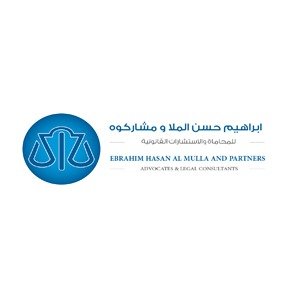
Best Divorce & Separation Lawyers in Abu Dhabi
Share your needs with us, get contacted by law firms.
Free. Takes 2 min.
Free Guide to Hiring a Family Lawyer
List of the best lawyers in Abu Dhabi, United Arab Emirates

United Arab Emirates Divorce & Separation Legal Questions answered by Lawyers
Browse our 1 legal question about Divorce & Separation in United Arab Emirates and the lawyer answers, or ask your own questions for free.
- Divorce Islamic marriage
- I am from uae and my wife is from UK awe have a daughter we got married in Islamic mosque in Thailand how can we get divorced the quickest and easiest way
-
Lawyer answer by Al Fahad Legal Consulting LLC
Dear Questioner,Good morning.We would like to inform you that we are ready to assist you legally to get a divorce from your wife in an easy way. Based on the emirate you are living in the process will be quick...
Read full answer
Disclaimer:
The information provided on this page is for general informational purposes only and does not constitute legal advice. While we strive to ensure the accuracy and relevance of the content, legal information may change over time, and interpretations of the law can vary. You should always consult with a qualified legal professional for advice specific to your situation. We disclaim all liability for actions taken or not taken based on the content of this page. If you believe any information is incorrect or outdated, please contact us, and we will review and update it where appropriate.














